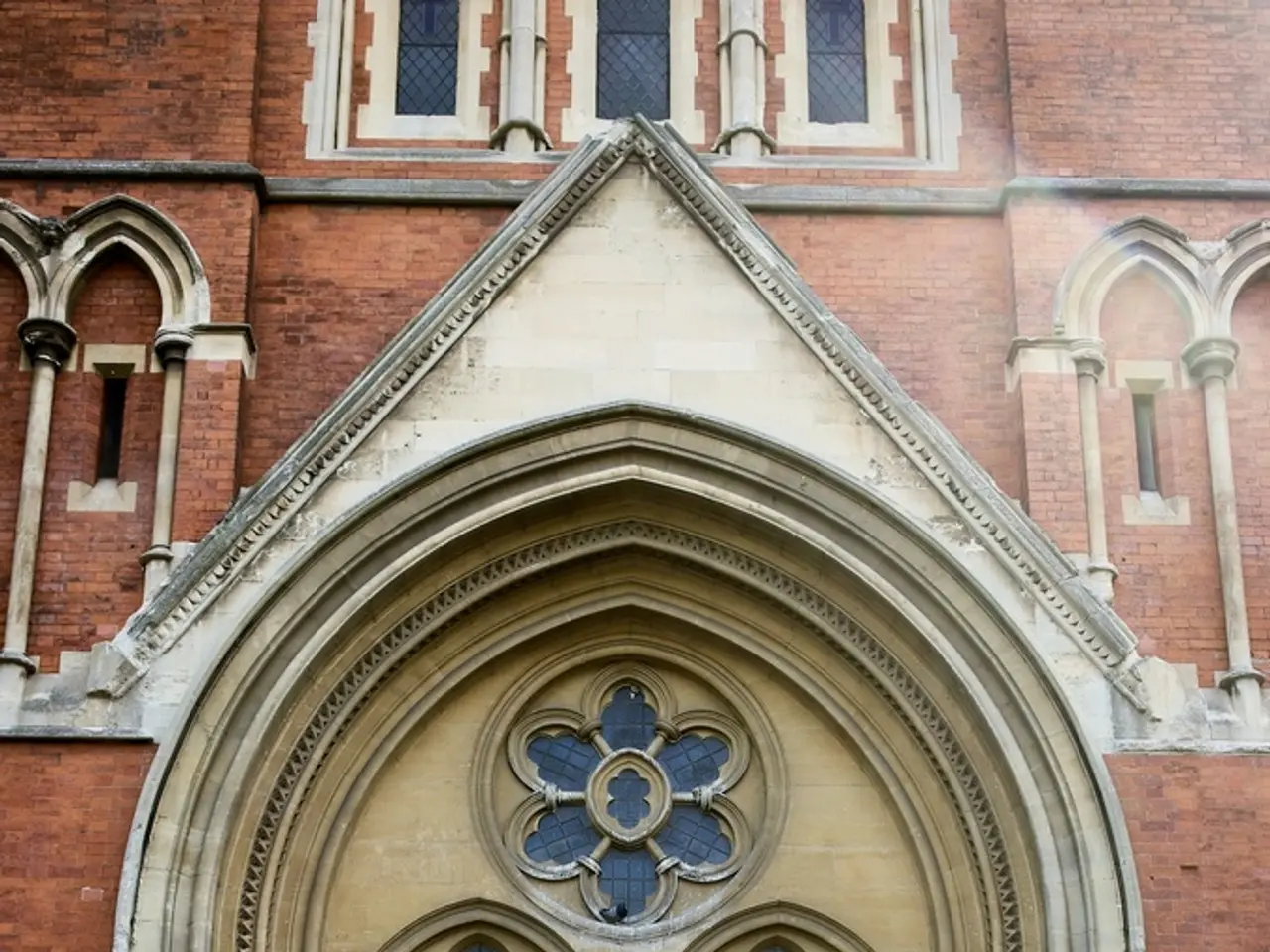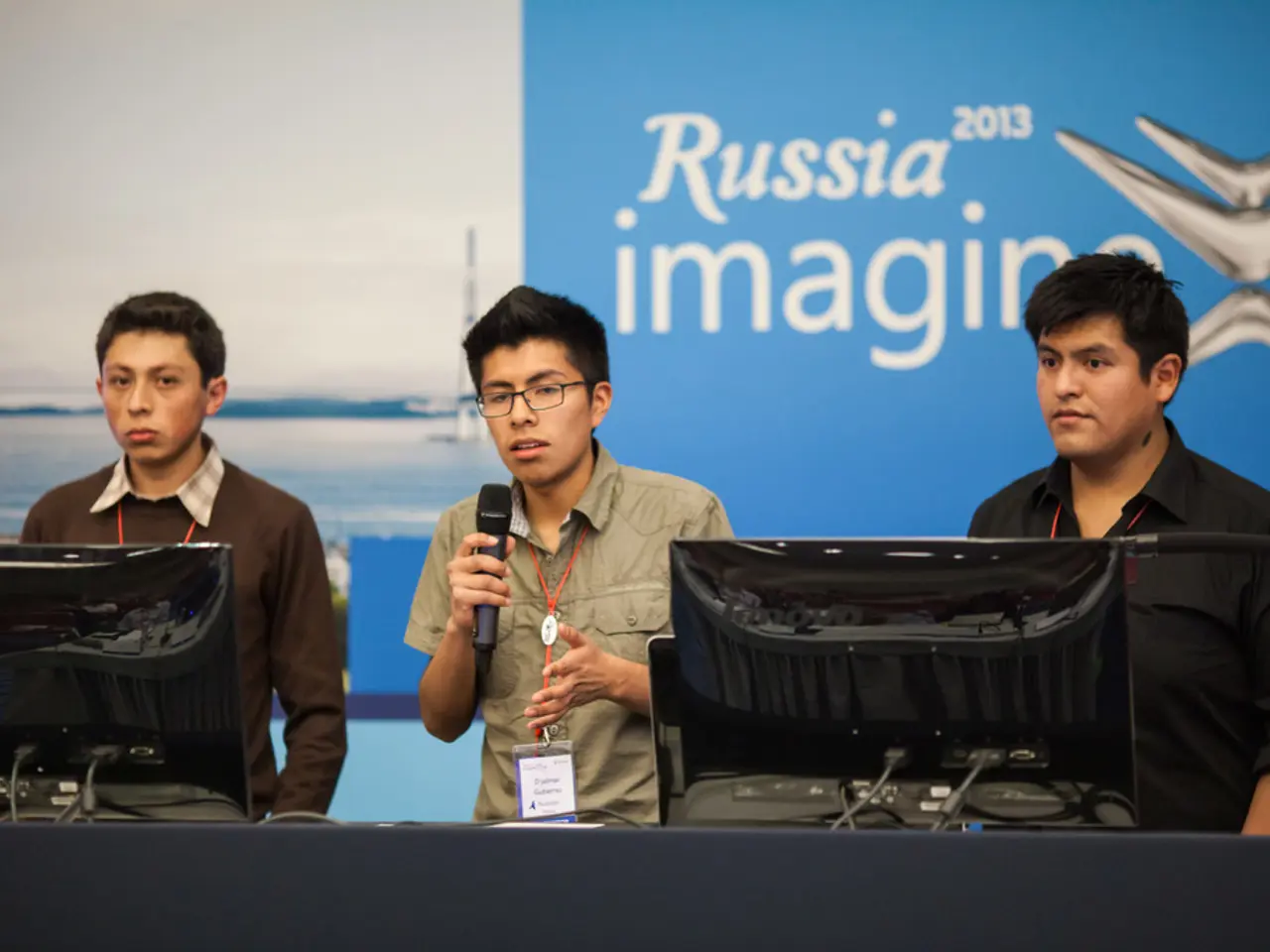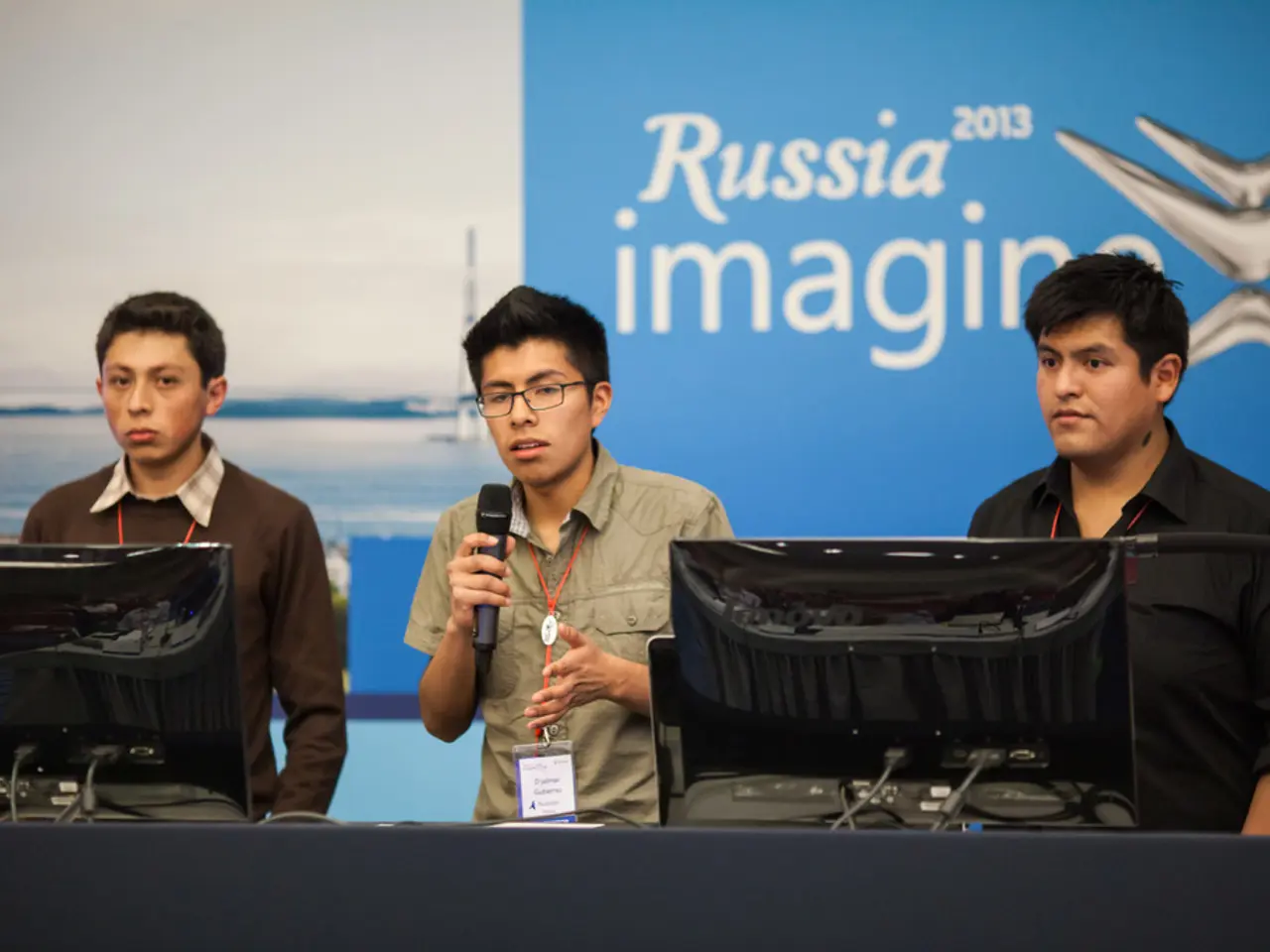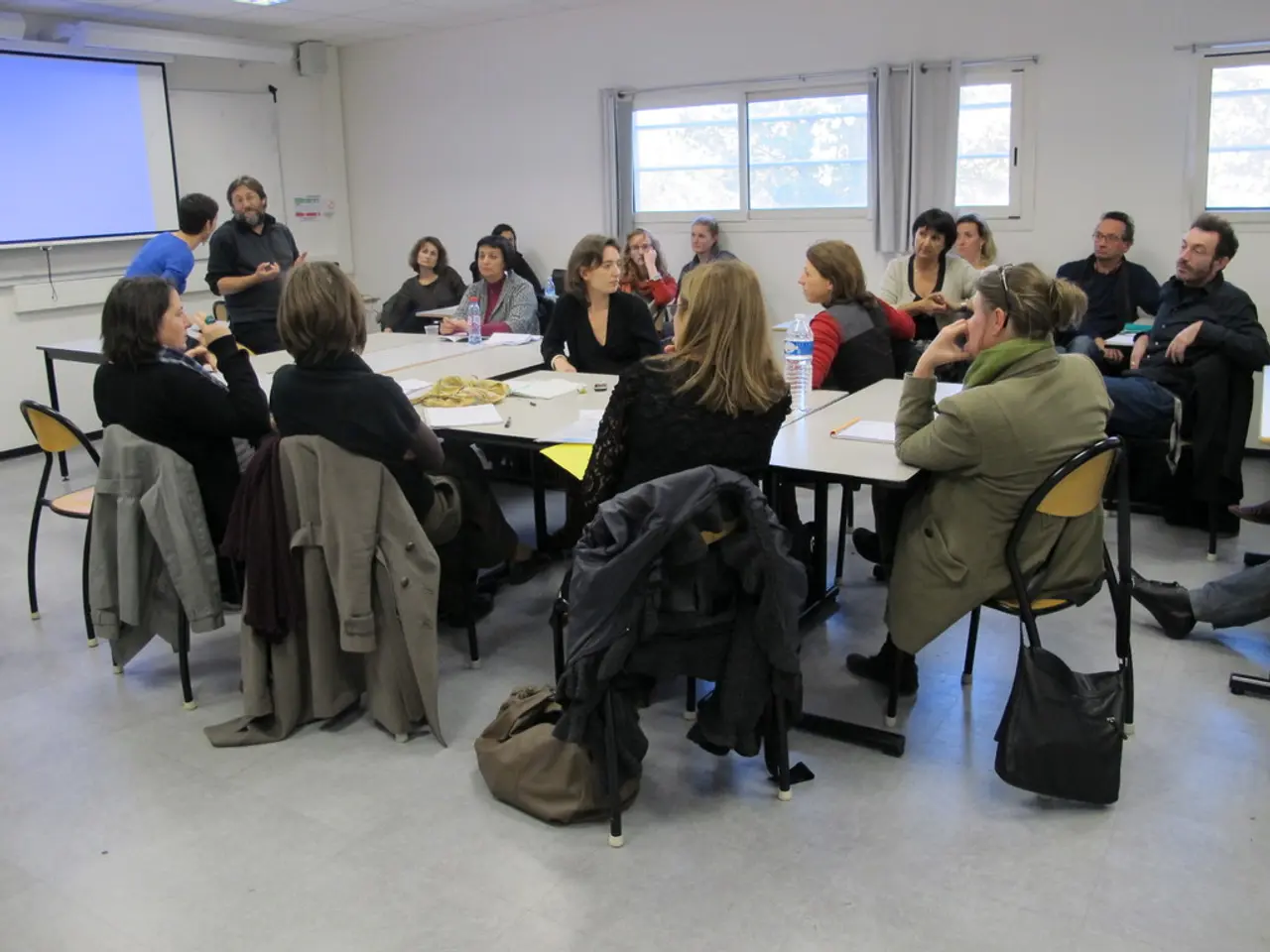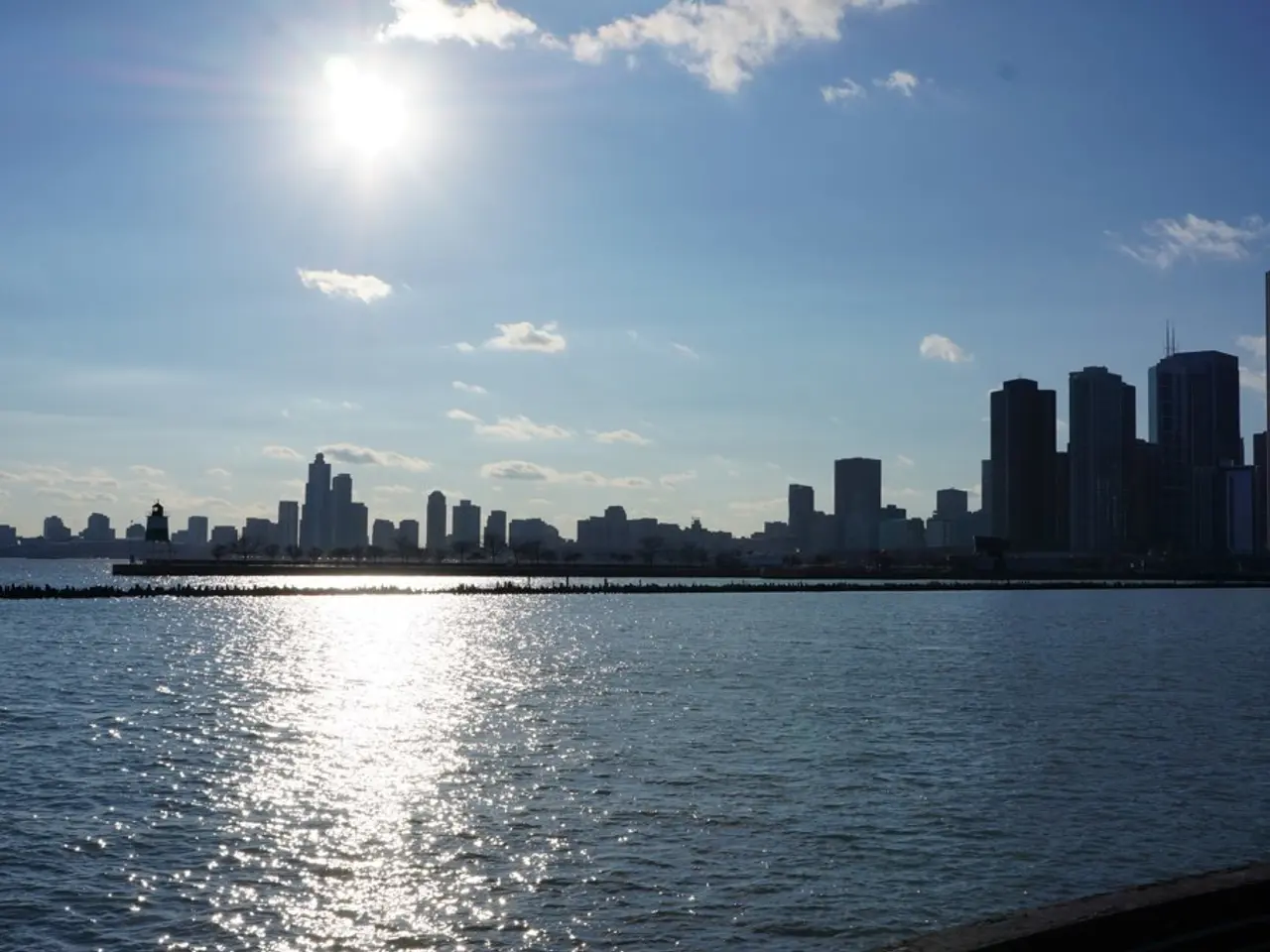Church Spat in Summary:
Heiligenkreuz Controversy: A Divisive Matter Within the Church
In the recent ecclesiastical discourse, the Lower Austrian Cistercian monastery of Heiligenkreuz has been a hot topic. Initially, the focus was on Father Edmund Waldstein, a moral theology teacher at the monastery's university, linked to far-right Catholic-fundamentalist circles, and allegedly threatening left-liberal theologians. However, the scope of the issue extends beyond this abbey and the Cistercian order.
The ongoing Apostolic Visitation of Heiligenkreuz, set for the fall, aims to examine the abbey's leadership style and the abbot's personal behavior extensively. While it's unclear how the Waldstein case is directly associated with the visitation, the charges leading to it are likely to revolve around different issues.
The Heiligenkreuz scenario serves as a tough reminder of a lingering theological dispute within the Church. Some see the monastery as a shining example of thriving monastic life and authentic Catholicism in a secular era, while its critics view it as a bastion of outdated, reactionary Catholicism. Undisputedly, the monastery enjoys a high influx, as is the case with the university and the attached seminary.
Father Waldstein's views may indeed be conservative or even indefensible, but he has clarified and corrected some of the allegations attributed to him. He admits to having "gone too far" in defending church doctrine. Notably, the university and the monastery have publicly distanced themselves from Waldstein's positions, with the latter claiming that he represents an isolated or minority viewpoint among the monks and teaching staff.
Still, it's essential to remember the Catholic spectrum's broadness. Just because someone shares a casual acquaintance with individuals connected to certain beliefs, they are not automatically part of a "right-wing Catholic network" endangering democracy. Additionally, those who fear the emergence of "corporate" conditions are simply engaging in far-fetched theories.
While the Apostolic Visitation serves to create clarity and address any misconduct, it's worth questioning whether the Church can learn something valuable from Heiligenkreuz's success story.
Other monasteries might face similar politics and general-news controversies, as the Heiligenkreuz scenario illustrates the broad spectrum of beliefs within the Catholic Church. Furthermore, the outcome of the Apostolic Visitation could have implications for other monastic communities, providing insight into managing both doctrinal disputes and thriving monastic life.
